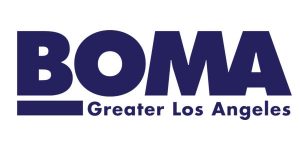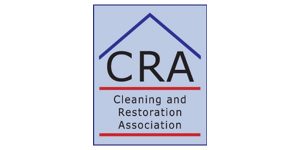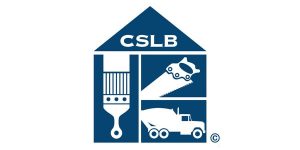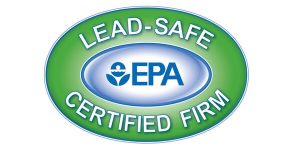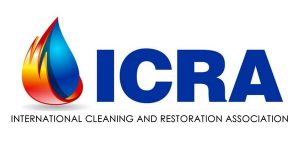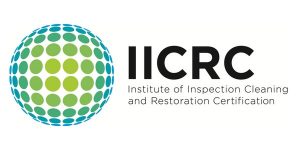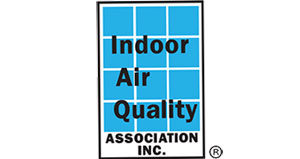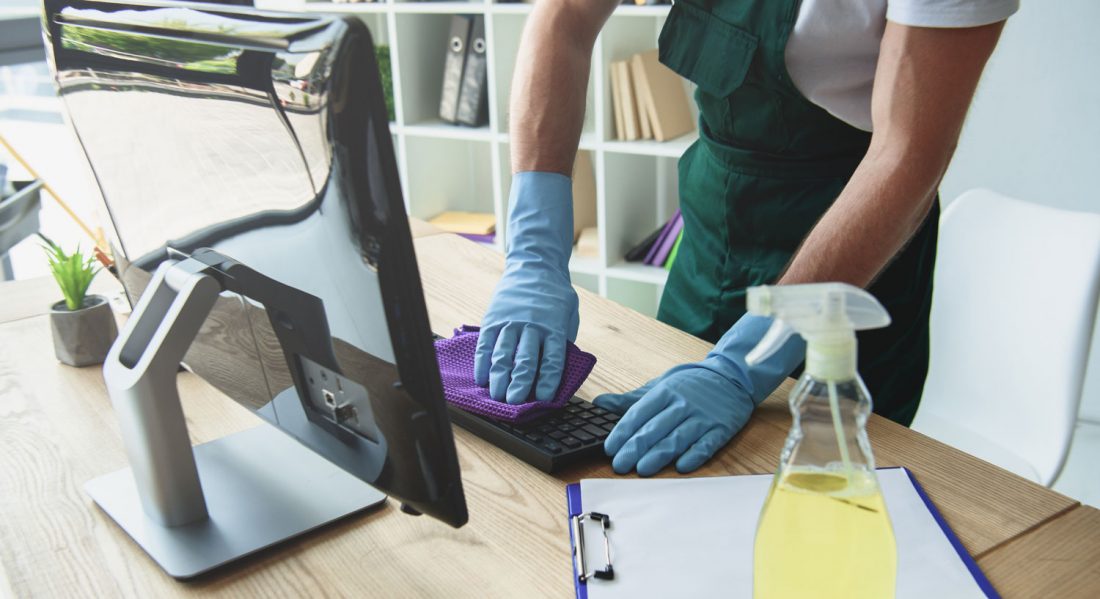
Events with large gatherings of people have been canceled or postponed. But most businesses need to carry on. Fortunately, the current novel coronavirus isn’t super-resistant so that many common cleaning and disinfecting products are effective. The team at Service First has all the training, professional experience, and products needed to clean and disinfect offices and other businesses either while in operation or before employees return from a period of work-from-home.
In this post we’ll summarize the situation, explain why we’re qualified to deal with Coronavirus Covid-19, and then mention the basics of what an office or building manager needs to do.
Just the Facts
Covid-19 spreads primarily through tiny droplets of moisture released during coughing and sneezing. Direct person-to-person transmission through the air is less likely to occur at distances beyond 6 feet, but those invisible droplets can settle on just about any surface. Including hands. It’s also believed to be present in feces and become airborne from there. In most cases coronavirus survives only a few hours outside the body, but on hard surfaces such as metal, glass, and plastic it can remain harmful for several days, perhaps as long as a week.
One of the reasons spread got out of control was that it turned out that the virus is “shed” to others even before symptoms appear. So now we’re in a very serious situation where hospitals and other health care facilities could be overwhelmed. But that can be avoided if enough people take simple precautions to “lower the curve” to reduce and delay transmission. In addition to hand washing, not touching your face, and wearing a face mask (if you think you might be infected) that’s mostly a matter of routine cleaning with some added disinfection.
Our Expertise
In brief, we’re experienced experts in destroying viruses (and bacteria) without damaging building materials and surfaces, including carpet, textiles, electronics, and other building contents.
Our technicians are certified in a range of cleaning and disinfecting specialties. That includes the exacting requirements of trauma scene cleanup and biohazard remediation. Here blood and other bodily fluids are commonly present so cleaning, decontamination, and disinfection down to microscopic traces are paramount. As is proper handling and disposal of all materials as infectious medical wastes.
Our expertise also includes absolutely thorough isolation, cleaning, and sterilization for sewage cleanup. As well as the sanitation aspects of water and flood damage cleanup, including removing mold and its microscopic spores from building materials, carpet, and air ducts.
What We Can Do Together
So we’re the people to call when its time for absolutely thorough cleaning and disinfecting. Our knowledgeable staff can take care of floors, ceilings, walls, and blinds, as well as heating and air conditioning vents together with any and all building contents. We can bring our bio-hazard remediation training to bear for especially safe and effective carpet cleaning, air duct cleaning, and more. And our team also knows how to protect themselves and have extensive personal protective gear available as needed.
But that alone isn’t enough for businesses that remain in full operation. Routine cleaning once or twice a day is also important.
Tips for Managers
Routine cleaning needs to be taken up several notches, and it’s important to make sure janitorial staff are following the proper procedures. Every employee can also take part in regularly wiping down items commonly touched by others. And keep sharing items such as keyboards to an absolute minimum.
Frequently touched items (door handles, tabletops, desktops, chairs and break rooms, light switches, toilets and flush levers, faucets, sinks, phones, remote controls… the list goes on — think about your specific facility) need to be disinfected at least twice a day. If they’re visibly dirty they should be first washed with soap or detergent as grime can harbor viruses for extended periods of time.
Here are a few particulars to keep in mind. It’s by no means an exhaustive list.
- Cleaning staff should wear disposable gloves, or have gloves used only for Corvid-19 cleaning.
- Cleaning and disinfecting produce should be properly diluted and allowed to remain as indicated in the instructions.
- Ideally, products EPA registered for dealing with coronavirus (including the common flu) should be used. But ordinary soap, Clorox, and Lysol are effective. Alcohol above 70% concentration may also be effective.
- Soft and porous items such as carpet, rugs, and drapes should be removed and thoroughly laundered and dried if they appear dusty or dirty.
- Dusting, wet mopping, vacuuming, removing trash, and cleaning restrooms should be performed more frequently and more thoroughly.
And here’s some bleach (Clorox) info you might not be aware of.
- Consumer over-the-counter products range from 3% to 6% concentration, so the proper dilution ranges from 2 teaspoons per cup to 1 teaspoon per cup. At this dilution, items should be left wet for about 5 minutes.
- Bleach products expire after 1 year, so check expiration dates. Once opened it quickly looses potency, and once diluted for use the solution should only be used for 24 hours. Alcohol and many other products also expire.
- Never mix bleach with ammonia — that produces a poisonous gas.
- Bleach can damage textiles and some metals.
Disinfecting and Cleaning Products
The EPA has issued a 6-page list of specific products believed to be effective against Covid-19, including numerous commercial (as opposed to consumer) products we use in our water damage, sewage cleanup, trauma cleanup, and biohazard remediation services. You can find it at https://www.epa.gov/pesticide-registration/list-n-disinfectants-use-against-sars-cov-2.

